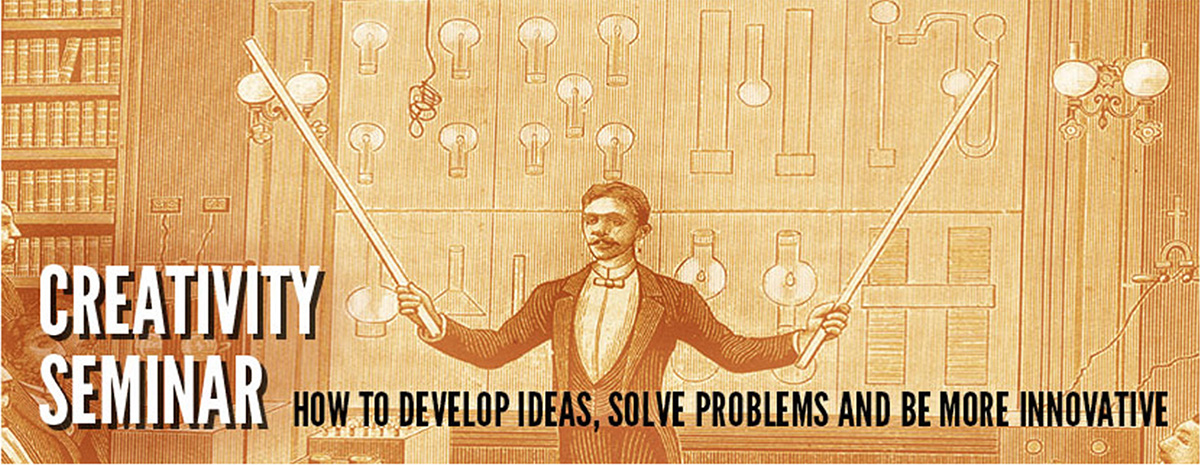
From London's New Scientist magazine:
The Neuroscience Of What Jokes Are Funny
by Daniel Elkan
"Despite the importance of humour to human psychology, it is only the advances in brain imaging during the past decade that have enabled neuroscientists to pin down how the brain reacts when a joke tickles us. Armed with this knowledge, they are now solving the puzzle of why some jokes are funny to some people but leave others cold.
...Yet humour is a far more complex process than primeval pleasures like sex or food. In addition to the two core processes of getting the joke and feeling good about it, jokes also activate regions of the frontal and cingulate cortex, which are linked with association formation, learning and decision-making
...Perhaps unsurprisingly, personality also appears to play a key role in humour. Mobbs has shown that people who are classed as extrovert and emotionally stable have increased activity in reward areas of the brain during exposure to funny stimuli. Neurotic people, in contrast, have less of a reward response compared with the average person "This suggests that personality style may be important in how we process humour," Mobbs says.
.
...More than anything, the recent research confirms the fact that humour, an oft-neglected trait when considering our cognitive skills, requires a tremendous amount of brain power. "Getting a joke would seem - on the surface - to be a very trivial, intuitive process. But brain imaging is showing us that there is more going on than we might think," says Samson."
Full article here.
